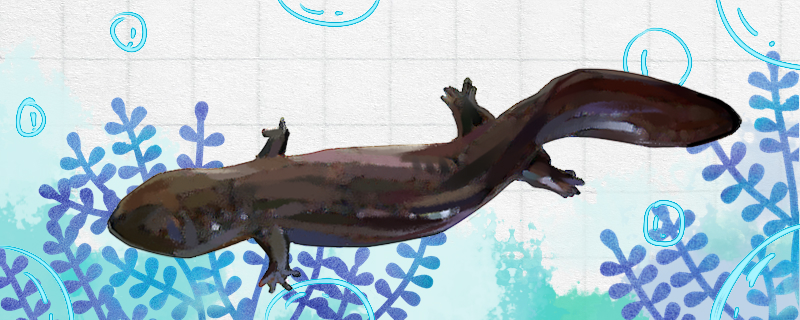 Will the
Will the ? The giant salamander is one of the amphibians, and it is a very valuable amphibian. The tolerance of giant salamander is very strong, and it also has a good adaptability to the environment. In particular, their ability to endure hunger is relatively strong among animals. Even if the giant salamander does not eat for a long time, its life will not be affected. Giant salamanders have such a strong ability to endure hunger, which is closely related to their digestive and metabolic rates. The metabolism of the giant salamander itself is very slow. It digests very slowly after a meal and persists for a long time.
However, although giant salamanders will not starve to death if they do not eat in the short term, they may also starve to death if they do not eat all the time. However, the number of giant salamanders that starve to death is relatively small, and they usually take the initiative to find something to eat. They may also cannibalize when they really can't find anything to eat. The giant salamanders basically eat more food every time, and sometimes they gain about one fifth of their weight after a meal.
to death in a few days. The giant salamander itself has a strong ability to endure hunger because of its slow metabolism. After a meal, they can go a long time without eating. Generally speaking, it is no problem for giant salamanders to persist in not eating for about a year, and some giant salamanders that persist for a longer time can even persist in not eating for 2-3 years without dying.
Of course, the giant salamander can not always do not eat, after holding to the limit will be life-threatening, some giant salamanders may be starved to death after holding for more than a year. Therefore, if the giant salamander is farmed, it is recommended to provide them with food regularly, and animal feed is the best.